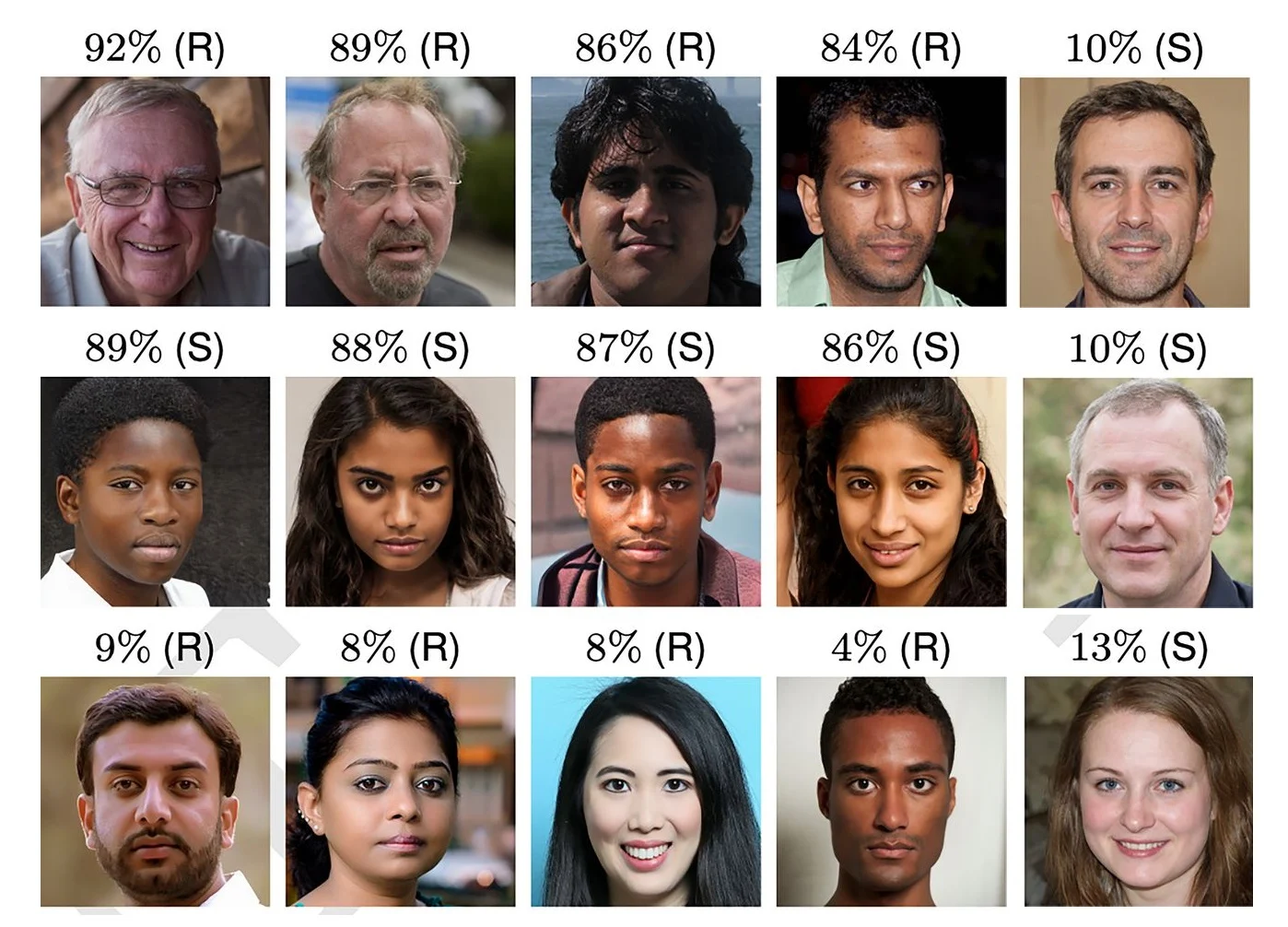Artificial intelligence is something that can be used for a really wide range of purposes and reasons, and one thing in particular that it has become known for is the creation of deepfakes. The rise of deepfakes made some people concerned that they might be tricked into believing that someone or the other did something or said something that they did not actually do or say, and it created a culture of mistrust with many people scared of the implications the deepfakes could bring.
However, deepfakes have been quite easy to call out since they have historically been really obvious and the faces that are generated don’t look quite as realistic as they good. With all of that having been said and now out of the way, it is important to note that AI is continuously learning, and it turns out that it has now become so effective that human beings are having a hard time distinguishing AI generated faces from real ones which could become a bit of a cause for concern for some.
Researchers at UC Berkeley and Lancaster University conducted a series of experiments to figure out how well people could do when it came to recognizing AI generated faces. In one of these tests, participants were only able to tell a real face from a fake one 48.2% of the time. Even when they were given feedback about their guesses in a subsequent test, they were only able to recognize real faces around 59 percent of the time which is a very low number with all things having been considered and taken into account.
All of this begs the question of where things go from here. AI being able to make truly realistic faces can be dangerous because of the fact that this is the sort of thing that could potentially end up enabling people to impersonate others among other things. What’s more is that there are currently no laws that can protect people that have been impacted by deep fakes so there is clearly a lot work that needs to be done in order to protect the average person.

Read next: Study shows several influencers are majorly responsible for spreading vaccine phobia on the internet
However, deepfakes have been quite easy to call out since they have historically been really obvious and the faces that are generated don’t look quite as realistic as they good. With all of that having been said and now out of the way, it is important to note that AI is continuously learning, and it turns out that it has now become so effective that human beings are having a hard time distinguishing AI generated faces from real ones which could become a bit of a cause for concern for some.
Researchers at UC Berkeley and Lancaster University conducted a series of experiments to figure out how well people could do when it came to recognizing AI generated faces. In one of these tests, participants were only able to tell a real face from a fake one 48.2% of the time. Even when they were given feedback about their guesses in a subsequent test, they were only able to recognize real faces around 59 percent of the time which is a very low number with all things having been considered and taken into account.
All of this begs the question of where things go from here. AI being able to make truly realistic faces can be dangerous because of the fact that this is the sort of thing that could potentially end up enabling people to impersonate others among other things. What’s more is that there are currently no laws that can protect people that have been impacted by deep fakes so there is clearly a lot work that needs to be done in order to protect the average person.

Read next: Study shows several influencers are majorly responsible for spreading vaccine phobia on the internet
